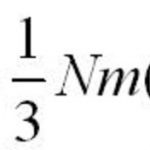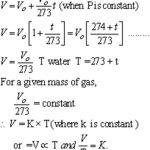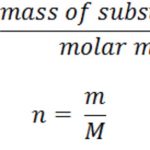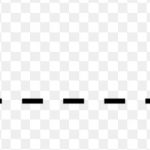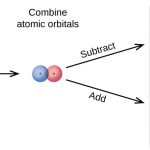Kinetic theory of gases Postulates or assumptions of kinetic theory of gases 1)Every gas is made up of a large number of extremely small particles called molecules. All the molecules of a particular gas are identical in mass and size and differ in these from gas to gas. 2)The molecules of a gas are separated from each other by large distances so that the actual volume … [Read more...] about Kinetic Molecular Theory Of Gas
Chemistry
Gas Laws
Boyle's law The relationship between the volume and pressure of a gas was studied experimentally by Robert Boyle in 1662. He used mercury and a simple U-tube. The pressure was increased by putting more mercury into the open limb. The volume of the air enclosed in the space above mercury in the shorter limb was noted each time. Boyle's law states that … [Read more...] about Gas Laws
Characteristics of Gases
Characteristics of Gases 1) Gases have neither definite shape nor definite volume. They take up the shape and volume of the container. 2) They have lower density than liquids and solids. 3) They are highly compressible 4) Gases intermix completely in all proportion without any mechanical aid. 5) They exert pressure equally in all direction. Measurement of … [Read more...] about Characteristics of Gases
Intermolecular forces
A given substance can be made to exist in any one of the three states under different conditions of temperature and pressure. Water which is a liquid under ordinary conditions of temperature and pressure can be converted into steam at 100°C and under 1 atmosphere or into ice by cooling at 0°C under 1 atmosphere pressure. Water exist in all the three phases i.e. … [Read more...] about Intermolecular forces
Types of Molecular Orbital Formed
Types of molecular orbitals formed 1)If two atomic orbitals overlap along the internuclear axis ,the molecular orbital formed is called σ molecular orbital. 2)If two atomic orbitals overlap sideways, the molecular orbital formed is called π molecular orbital. 3)s orbitals are spherically symmetrical ,their wave function has the same size in all the directions. 4)In … [Read more...] about Types of Molecular Orbital Formed
